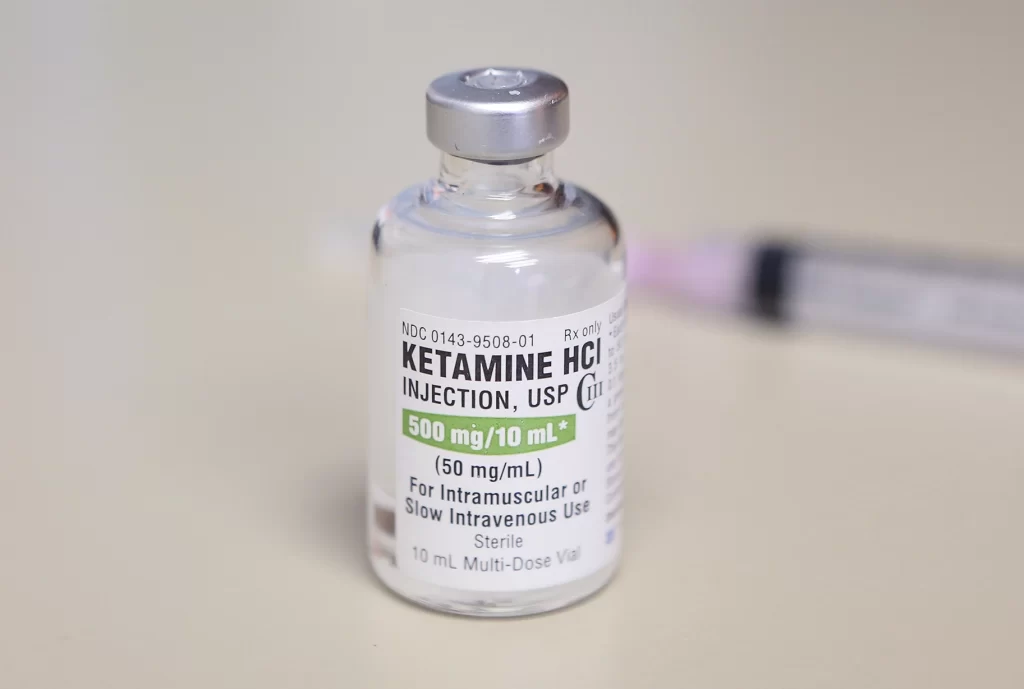We originally shared this as a newsletter! Get more, direct to your inbox.
Do our animal companions love us back? Here’s what the neuroscience says!
More than half the U.S. population drinks coffee daily.
Worldwide, it’s the second most-consumed drink in the world (after water).
So should we be worried about headlines which warn of coffee’s risks, for our brains and overall health?
We asked Dr. Astrid Nehlig, a neuroscientist out of the French Institute of Health and Medical Research who has studied the health impacts of coffee with impressive extensiveness!
What is the half-life of coffee in our bodies?
“It’s considered to be between 3.5 and 5 hours — that’s the half-life of caffeine, in regular adult individuals.”
Is there a definition of unhealthy quantities of coffee?
“Yes. The European Food Safety Agency had a panel of experts who looked at the effects of caffeine both on the nervous system and the cardiovascular system to establish reasonable limits. You shouldn’t drink more than 200 milligrams of caffeine — which is about two cups of coffee — at once. And you shouldn’t go over 400 milligrams per day. This is the rule for the general population.”
There are some individuals who are considered to be fast metabolizers and others who are considered slow metabolizers. What does that mean?
“If the fast metabolizer drinks two or three cups of coffee in a quite a short amount of time — let’s say, over six hours — there is no problem, but a slow metabolizer is piling up because they have not completely eliminated what they drank earlier. This is the reason why people may feel jittery, nervous, or anxious.”
What are some of the antioxidant benefits of coffee?
“The concentration of antioxidants in coffee is very high. It’s at least three, four times higher than tea, wine, etc. We know that coffee can reduce the occurrence of some cancers. In the long term, there is a modest increase in our cognitive abilities during aging.”
For people who are intolerant of caffeine — maybe it affects their sleep patterns — but who want to get the benefits of the antioxidants, can they consume decaf coffee?
“Yeah, for sure, because decaffeinated coffee still contains a little bit of caffeine. A regular cup will contain between about 120 milligrams of caffeine, and a cup of decaf will contain three or four milligrams, so it’s quite negligible. And, regardless of caffeine, you’ll still get all the positive effects of the antioxidants.”
We talk more about the neuroscience of coffee in the latest episode of our podcast, ‘Your Brain On… Coffee’! Now streaming everywhere.
Podcast Guests

Dr. Astrid Nehlig
Neuroscientist at French Institute of Health and Medical Research, and renowned coffee researcher

Professor Jonathan Morris
‘The Coffee Historian’, author of ‘Coffee: A Global History’, co-creator of podcast ‘The History of Coffee’
Video of the Week: the neuroscience of the five stages of grief
We recently spoke to ‘The Grief Gang’ founder Amber Jeffrey for our podcast episode ‘Your Brain On… Grief’.
We discussed the limitations of oversimplified models like ‘the five stages of grief’, which may sometimes help people navigate difficult emotions, but which can also make someone feel confused if their experience of grief doesn’t perfectly align with what’s expected.
Recipe of the Week: High-Protein Omega Breakfast Cookies
Pairs perfectly with coffee for a nice morning treat!
High in ALA omega-3 fatty acids, fiber, and plant-based protein.
They pack well and freeze even better. And they’re tastier than most protein bars out there!
Ingredients:
- 1 cup oat flour (or you can use whole spelt flour)
- 1 cup rolled oats
- 2 tablespoons each hemp, chia and whole flax seeds
- 1 teaspoon baking soda
- 1 teaspoon baking powder
- 2 scoops of any plant-based protein, vanilla flavor
Wet ingredients:
- 2 tablespoons ground flax seeds mixed with 1/4 cup water (flax egg)
- Zest and juice of one orange
- 1/2 cup brown or regular monkfruit sweetener
- 1/2 cup almond butter, unsweetened
- 2 teaspoons vanilla
- 1/3 cup soy milk
Instructions:
- Mix the oat flour, rolled oats, hemp seeds, chia seeds, flax seeds, baking powder, baking soda, plant protein powder together in a bowl.
- In another bowl, mix the ground flax, water, orange zest, orange juice, almond butter, monkfruit sweetener, vanilla, and soy milk.
- Then mix the two bowls of ingredients together, roll the mixture into balls, and press into cookies on a baking tray.
- Bake at 350ºF (180ºC) for 20–22 minutes. Cool for 10 minutes. Freeze up to four weeks.
Science of the Week: Effects of coffee/caffeine on brain health and disease
This paper by Dr. Astrid Nehlig (one of our guests for ‘Your Brain On… Coffee’) unpacks how coffee affects our cognition, and also offers advice to healthcare providers on what they should tell their patients about coffee consumption.
Coffee/caffeine consumed at moderate levels (not more than 200mg caffeine in one sitting or 400mg over the day) does not appear to present any harmful effects for human health.
Caffeine increases vigilance and helps concentration, but, because of that, [it] may disturb the quality of sleep.
In some people, caffeine also raises the level of anxiety. For migraine and headaches, caffeine potentiates the effect of common analgesic drugs.
In non-randomised observational cohort studies, the lifelong consumption of coffee/caffeine is associated with reduced rate of age-related cognitive decline, reduced risk of developing Parkinson’s disease or Alzheimer’s disease, and lower risk of stroke.
Its regular consumption does not affect patients with epilepsy. Thus, daily coffee and caffeine intake can be part of a healthy balanced diet and their consumption should not be stopped in elderly people.
This week’s brain teaser
This week’s puzzle is a crossword, with clues based on our podcast, Your Brain On… Coffee!








